Energy
Sahara Group Urges More Refining, Storage To Boost Africa’s Downstream
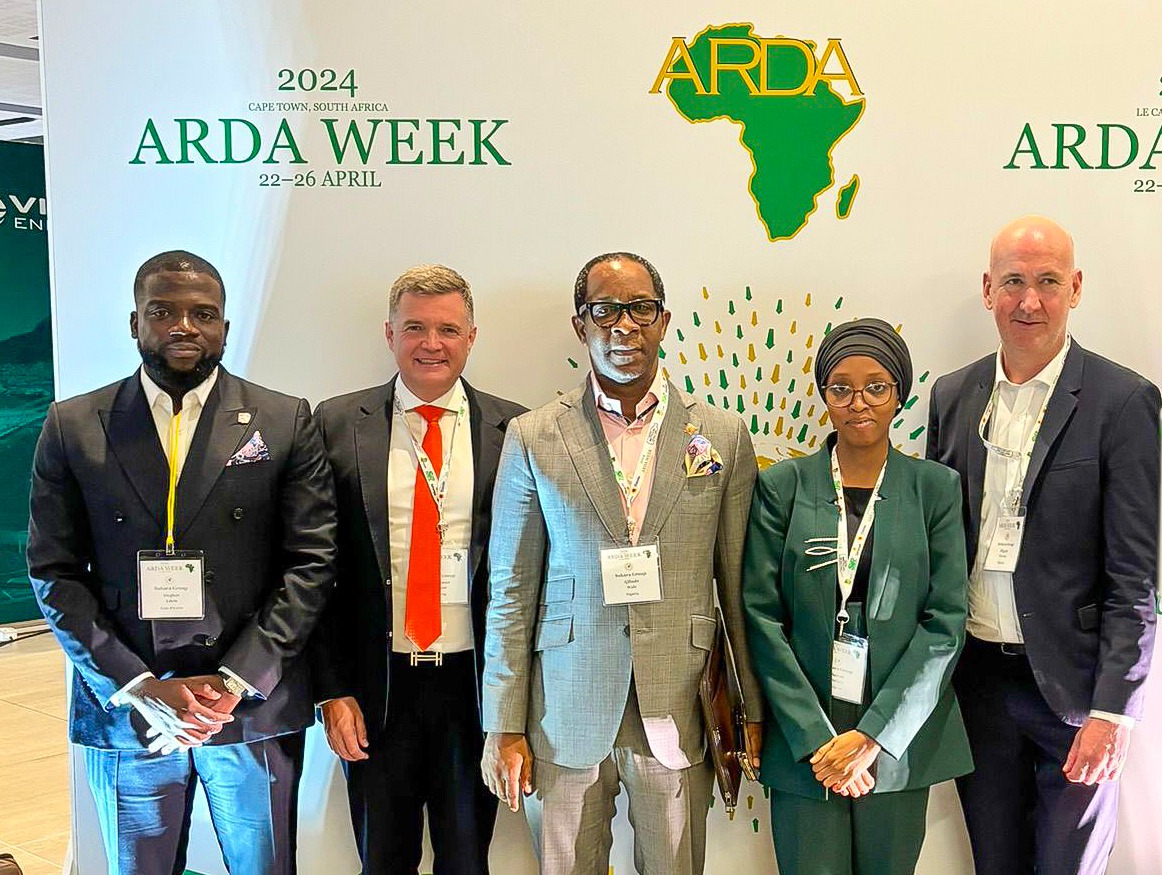
Inadequate refining capacity, insufficient storage, and impeded product movement across Africa are the three major impediments slowing the growth of the continent’s downstream oil sector, Wale Ajibade, Executive Director, Sahara Group has said.
Ajibade expressed his views in a paper “Africa Downstream Market Developments and Forecast” presented at the recently concluded Africa Refiners and Distributors Association (ARDA) Week 2024 in Cape Town, South Africa.
He maintained that addressing these gaps would transform Africa’s downstream petroleum industry.
Biztellers reports that the ARDA Week 2024 is Africa’s foremost gathering of stakeholders in the downstream oil industry.
Ajibade noted that shoring up the continent’s refining capacity was critical to sustaining efficiency, availability and accessibility in the sector.
He explained that as Africa explored ways of achieving hitch-free energy transition, efforts must be made to ensure optimisation of the sector’s value responsibly and collaboratively.
In his words, “Many African countries lack sufficient refining capacity to meet domestic demand, leading to heavy reliance on imports. This lack of self-sufficiency leaves these markets vulnerable to supply disruptions.
“Addressing this would require fresh investments and collaboration across the sector’s value chain.”
On insufficient storage infrastructure, Ajibade pointed out that this has continued to hamper the ability to maintain strategic reserves and ensure reliable supply during times of high demand or supply chain disruptions.
“In East Africa, shippers at Beira, Dar es Salaam and Mombasa — the key entry ports for refined products — are experiencing significant demurrage. Ageing and poorly maintained pipeline networks result in significant product losses and distribution bottlenecks,” he stated.
According to him, a collaborative solution which involves regulators, operators, investors, financial institutions, and government owned oil companies is required to help the African downstream sector to reach its full potential and provide reliable and affordable energy access to the continent’s growing population.
“Africa’s downstream Market leaders will need to work closely with her the various governments and agencies to carefully navigate the complex challenges through regulation and technology adoption while pushing for sustainable growth across Africa,” he added.
He also stated that the continent increasingly relied on imports of refined products to support consumption growth, primarily due to the underutilisation of existing refineries caused by technical issues.
He called for, “Investments in refinery upgrades, pipeline modernisation, and the construction of new storage facilities will be crucial to overcoming these challenges and unlocking the region’s energy security and economic development.”
Highlighting some positive trends in the sector, Ajibade said the African downstream market is experiencing rapid growth and transformation, driven by soaring energy demand, population growth, and the focus on industrialisation, urbanisation, and economic He explained that these would drive the demand for refined petroleum products, petrochemicals, and related downstream services is forecasted to grow by up to 30% by 2040.
“Africa is experiencing a lot of migration from rural to urban areas. In 2015, Africa had only six cities with more than five residents compared to 17 expected in 2030. Africa has experienced an increase in the number and capacity of industries across the continent, with industrial GDP set to double by 2025,” he said.
On the promotion of regional and cross-border trade, Ajibade noted that initiatives such as the African Continental Free Trade Area are promoting regional integration and facilitating cross-border trade in downstream products.
“This is encouraging investments in integrated downstream assets, logistical infrastructure, and harmonised regulatory frameworks to capitalise on the expanded market opportunities,” concluding that production of chemicals, plastics, lubricants, and specialty products would foster self-sufficiency and spur economic growth through increased job creation, reduced import reliance and enhanced technological innovation,” he added.
Energy
Dangote Partnership: MRS Urges Nigerians To Insist On N935/Litre Petrol Price Nationwide

MRS Oil Nigeria Plc, a prominent player in the Nigerian downstream oil industry, has implemented a new petrol price of N935 per litre across all its retail service stations nationwide.
The company has also called on Nigerians to monitor and report any outlets that fail to adhere to the new price structure.
Biztellers reports that this is consequent upon an announcement by the President of Dangote Industries Limited, Aliko Dangote, that the Dangote Petroleum Refinery has partnered with MRS Oil and Gas to offer petrol at N935 per litre at retail outlets, following a reduction in the ex-depot price from N970 to N899.50 per litre.
ALSO READ: Dangote Slashes PMS Price To N899.50k
It was gathered that MRS Oil Nigeria Plc has instructed all its outlets to implement the new price immediately, setting up a digital platform and monitoring team to ensure full compliance.
In a statement on Monday night, the company declared, “Petrol is now being sold at N935 at MRS Filling Stations nationwide. If you find any station not following this price, please report it. Call 08009447853 or email: NG-FMKPMGWHISTLEBLOWING@NG.KPMG.COM”
Emphasising the eco-friendly nature of its products, MRS Oil added, “We call on all petrol station owners to join MRS Oil Nigeria Plc in improving the supply chain of our beloved country, ensuring product quality and availability in every corner of Nigeria for the benefit of all Nigerians.”
In Lagos, commuters were seen queuing at MRS filling stations to purchase petrol, with many expressing their gratitude to the Dangote Petroleum Refinery and MRS Oil and Gas, urging other marketers to support the indigenous refinery rather than import off-spec products into the country.
A commuter at the MRS station at Alapere on the Lagos Ibadan Express way, Ibukun Phillips, could not hide her joy as her husband filled up their car.
“I am very happy today. This is a victory for Nigeria,” she said. “The price reduction is the best gift of the season. But beyond just the reduction, we are buying standard, eco-friendly petrol at a lower rate. My husband and I have decided we will only be using MRS from now on because we are confident in the quality of the product and supporting the economy.”
A commercial bus driver, Adio Ajibade described the price reduction as a great relief, especially during the festive season.
“The reduction is a great relief. It will reduce transportation costs and benefit Nigerians. God will continue to bless Alhaji Aliko Dangote,” he said.
A public affairs analyst and university lecturer, Dr. Tunde Akanni, said the collaboration between Dangote Petroleum Refinery and MRS Oil represents a significant step towards improving the affordability, quality, and sustainability of petroleum products in Nigeria.
According to Dr. Akanni, “this move will not only help ease the financial burden on Nigerians but also promote a more environmentally conscious approach to fuel consumption, benefitting both the economy and public health in the long term.”
Energy
FDI: Shell To Invest Billions Of Dollars On Nigeria’s Bonga North Oil Field
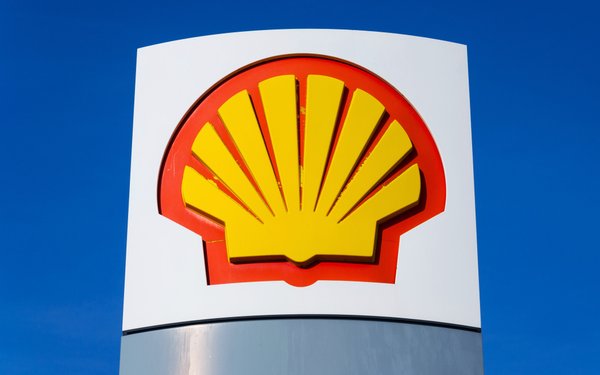
As a direct implication of the Federal Government’s Foreign Direct Investment drive, the Royal Dutch Shell has completed the final investment decision on the deep offshore Bonga North project in Nigeria.
Biztellers reports that the Bonga North will be a subsea tie-back to the Shell-operated Bonga Floating Production Storage and Offloading (FPSO) facility which Shell operates with a 55% interest.
Shell’s Integrated Gas and Upstream Director, Zoë Yujnovich, said, “This is another significant investment, which will help us to maintain stable liquids production from our advantaged Upstream portfolio”.
ALSO READ: OGUNCCIMA Commends Dangote Refinery’s Impact
It was gathered that the Bonga North project involves drilling, completing, and starting up 16 wells (8 production and 8 water injection wells), modifications to the existing Bonga Main FPSO and the installation of new subsea hardware tied back to the FPSO.
The company is optimistic that the project will sustain oil and gas production at the Bonga facility.
The Bonga North currently has an estimated recoverable resource volume of more than 300 million barrels of oil equivalent (boe) and will reach a peak production of 110,000 barrels of oil a day, with first oil anticipated by the end of the decade.
In addition, the Bonga North will help ensure Shell’s leading Integrated Gas and Upstream business continues to drive cash generation into the next decade.
Energy
Chevron Nigeria Bags ‘Energy Company Of The Year For Environmental Sustainability And CSR
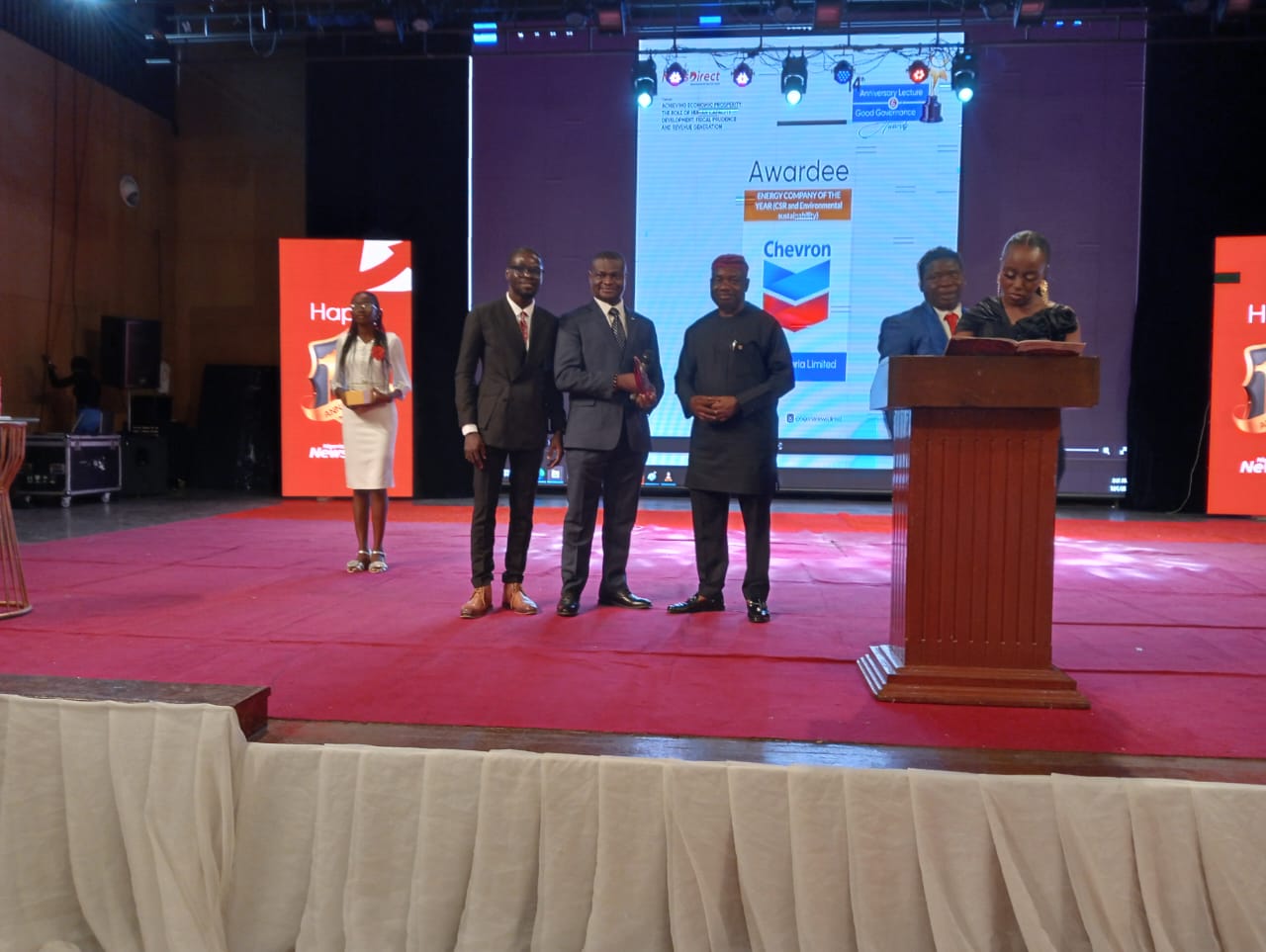
Chevron Nigeria Limited (CNL), has received an award as “Energy company of the year (2024)” for its Environmental Sustainability and Corporate Responsibility accomplishments.
The award presented by the Nigerian News Direct newspaper, on Friday December 6, 2024, and was received by Manager Communications, Chevron Nigeria and Mid-Africa Business Unit, Victor Anyaegbudike, at a colourful event at the Grand Ballroom of the Oriental Hotel, Lagos.
ALSO READ: Stakeholders Hail NCDMB As Local Content Level Hits 56%
The organizers of the award noted that Chevron has implemented the “Protecting People and the Environment” policy, which aims at preventing injuries, illnesses, and environmental incidents. They also referenced that the company has achieved 97% gas flaring reduction in its operations in Nigeria, while implementing waste management and environmental conservation programs.
According to the media organization, Chevron Nigeria has also invested millions of dollars in community development programs, supporting education, health and economic development initiatives that have benefited thousands of people, while ensuring diversity, inclusion, and employee engagement in its business operations.
Receiving the award from the Lagos State Commissioner for Information and Strategy, Gbenga Omotosho, Anyaegbudike thanked the organizers for the honour, and reiterated Chevron’s commitment to continue to develop, affordable, reliable and ever-cleaner energy that enables human progress around the world.









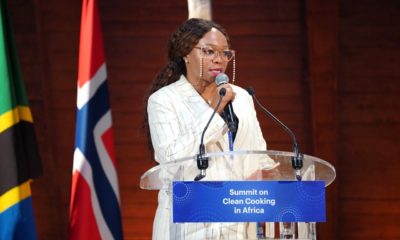

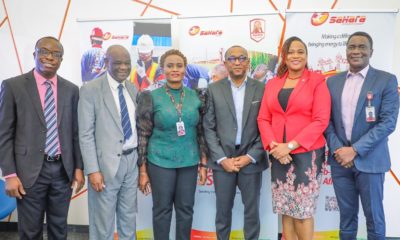
















api77
May 2, 2024 at 6:44 am
I love how the article addresses both the pros and cons of the topic, allowing readers to form their own opinions.